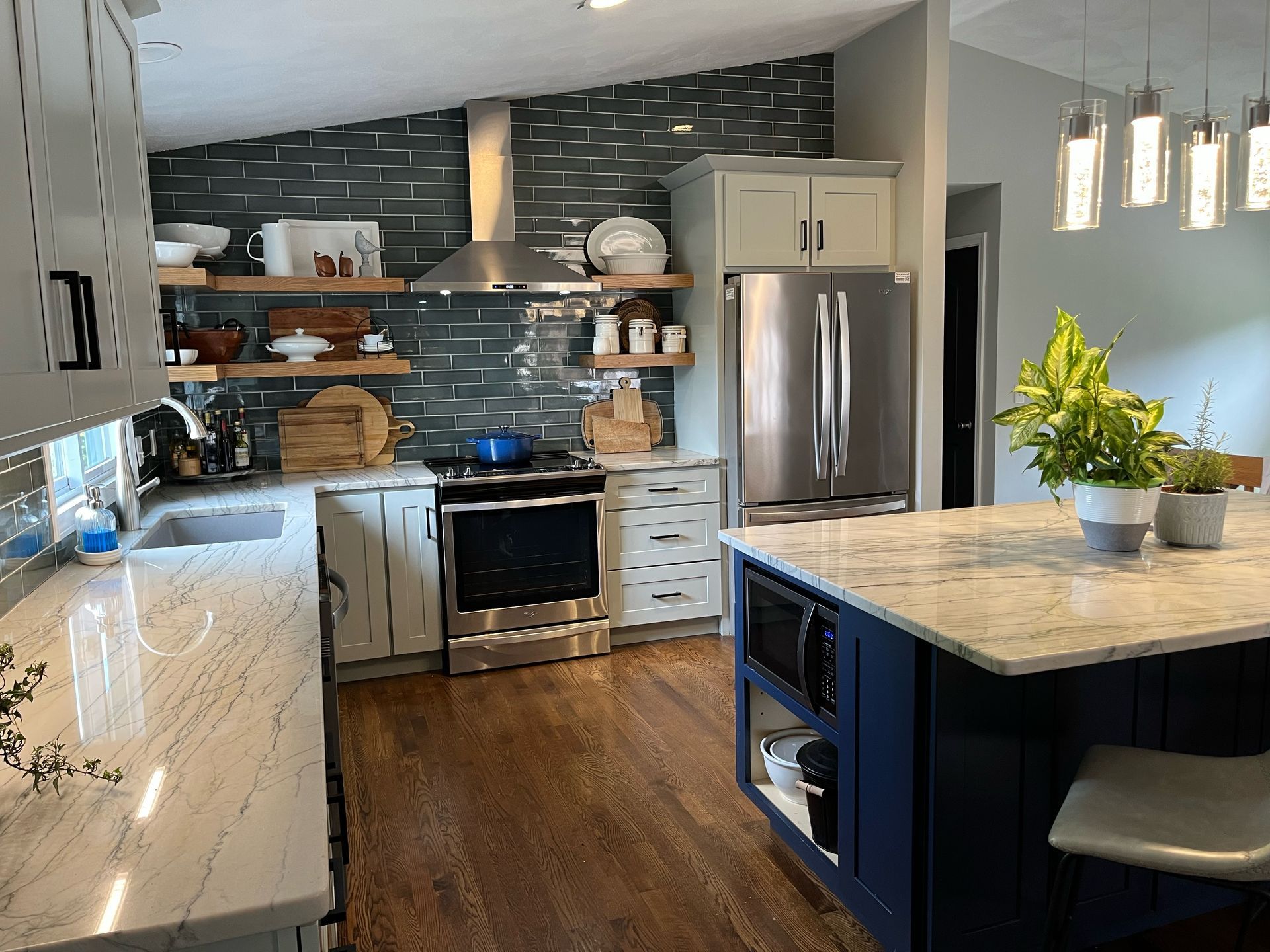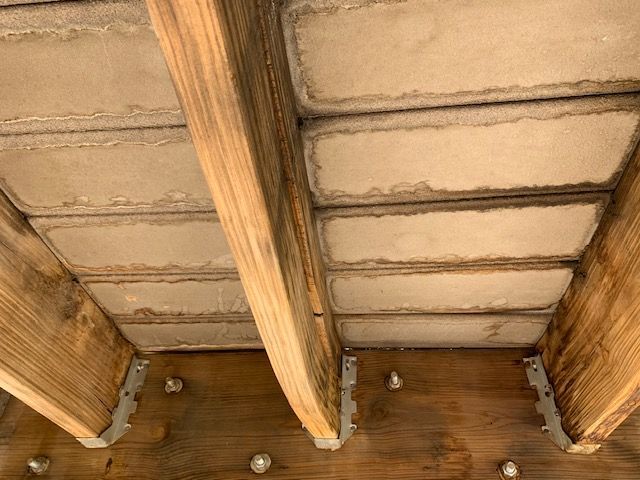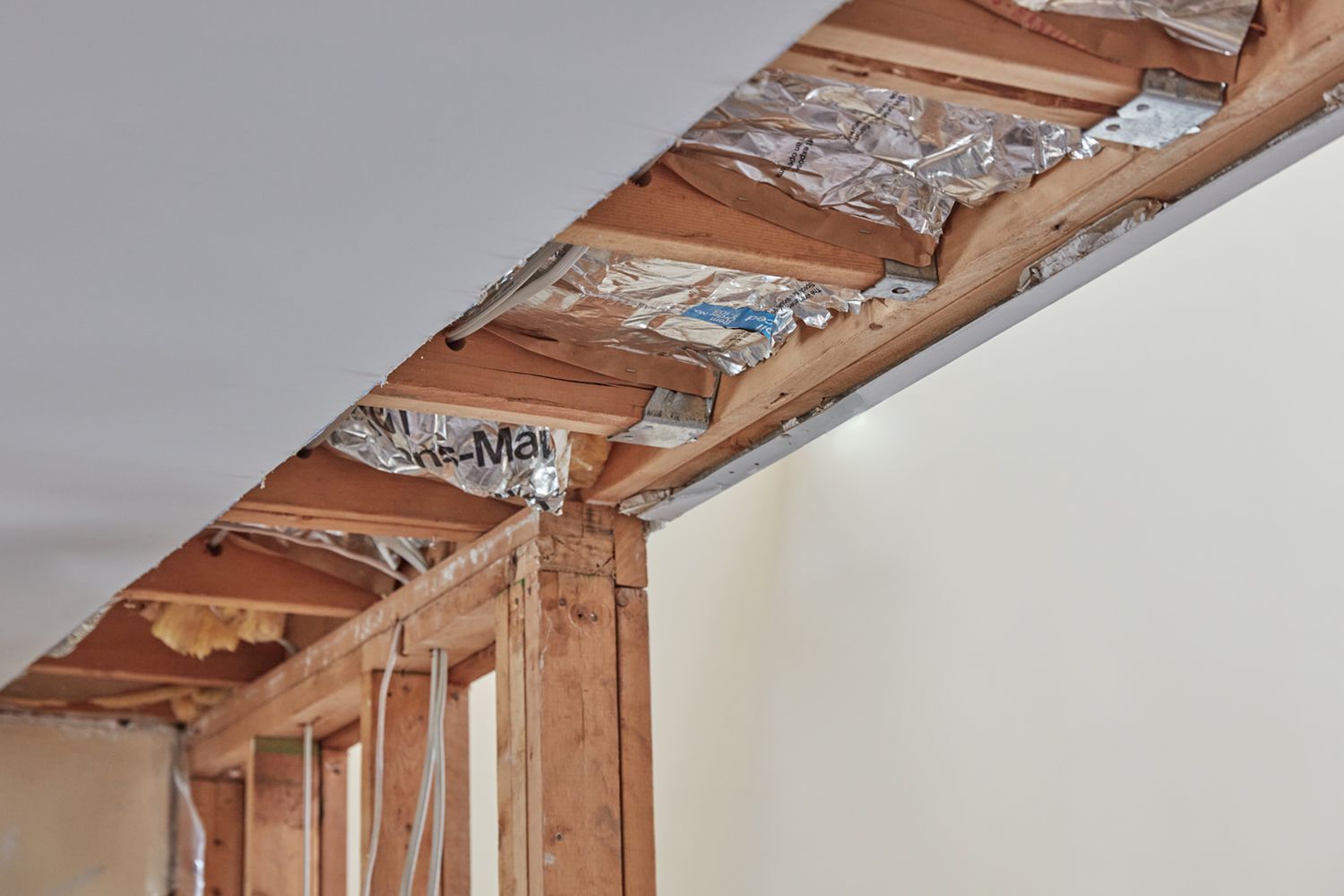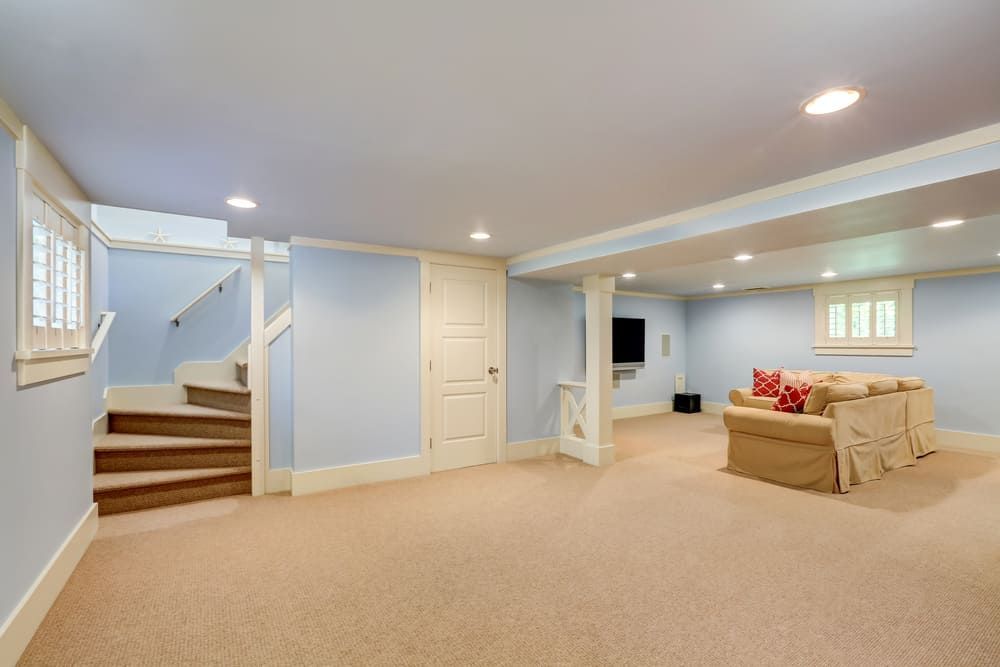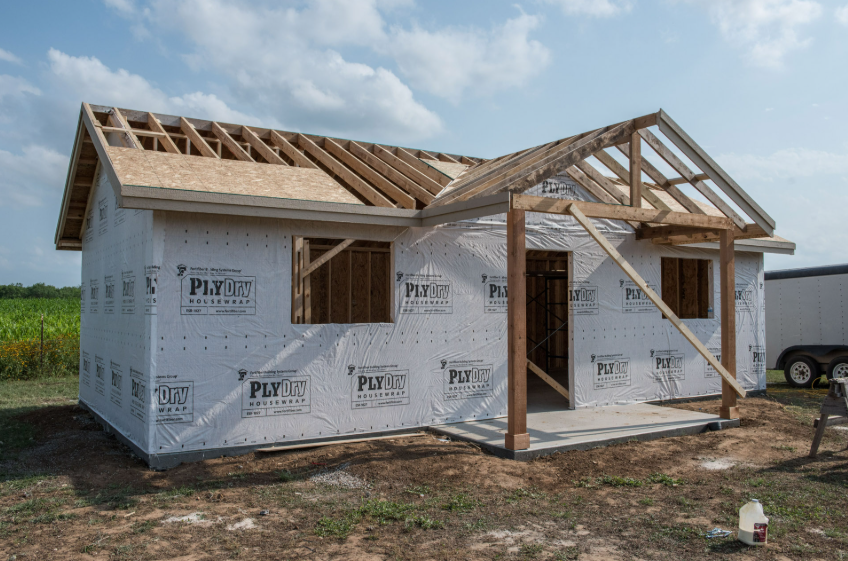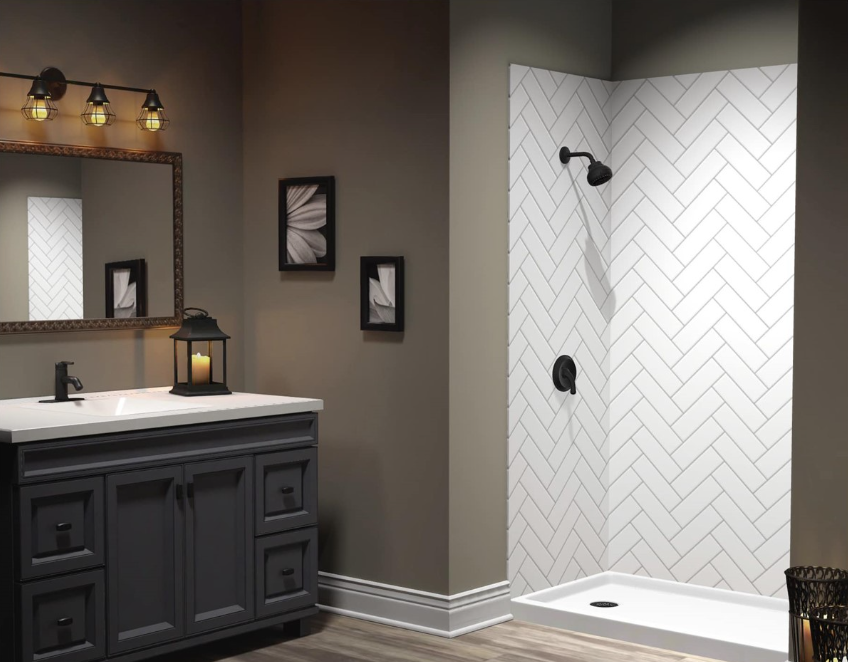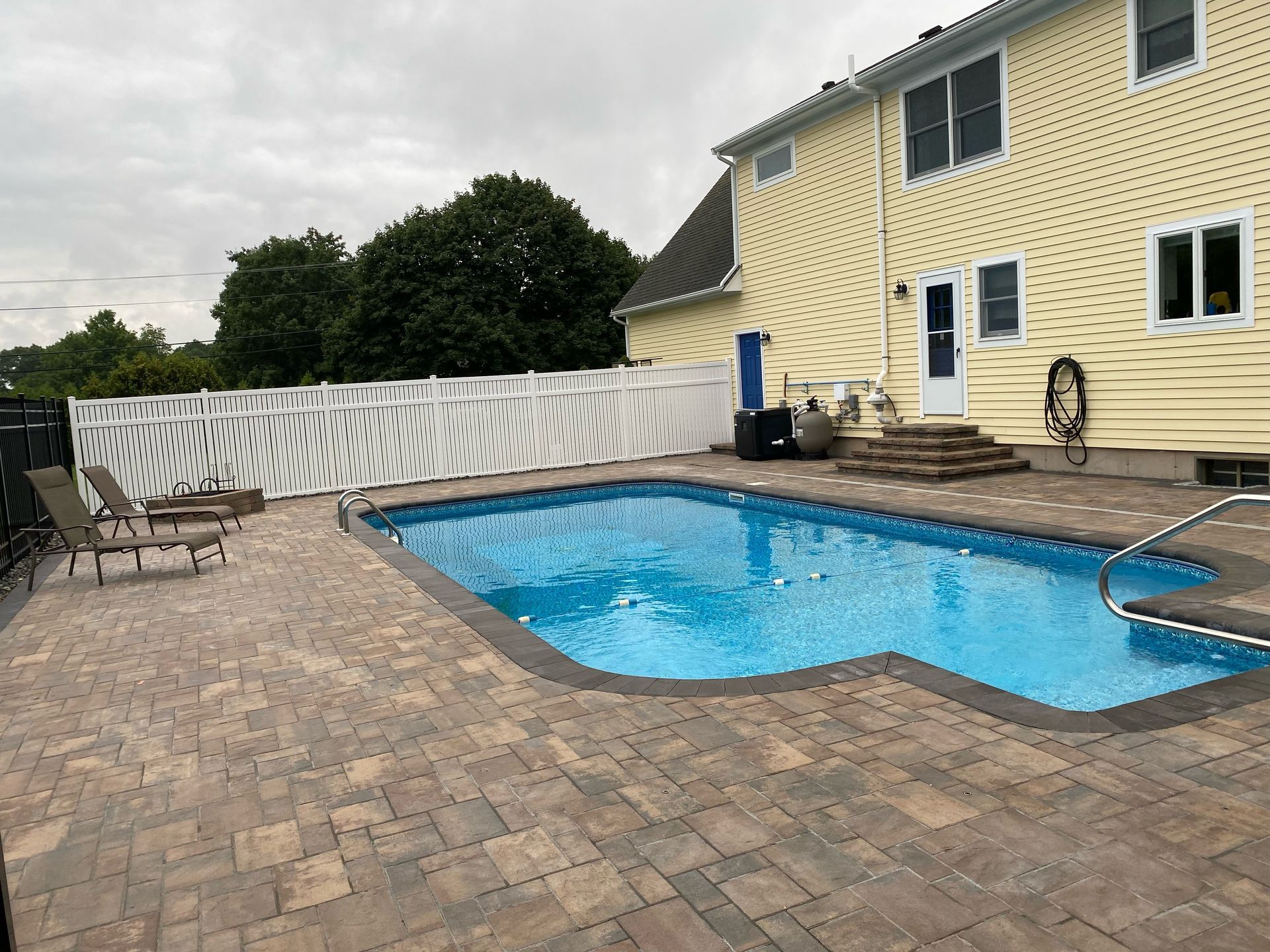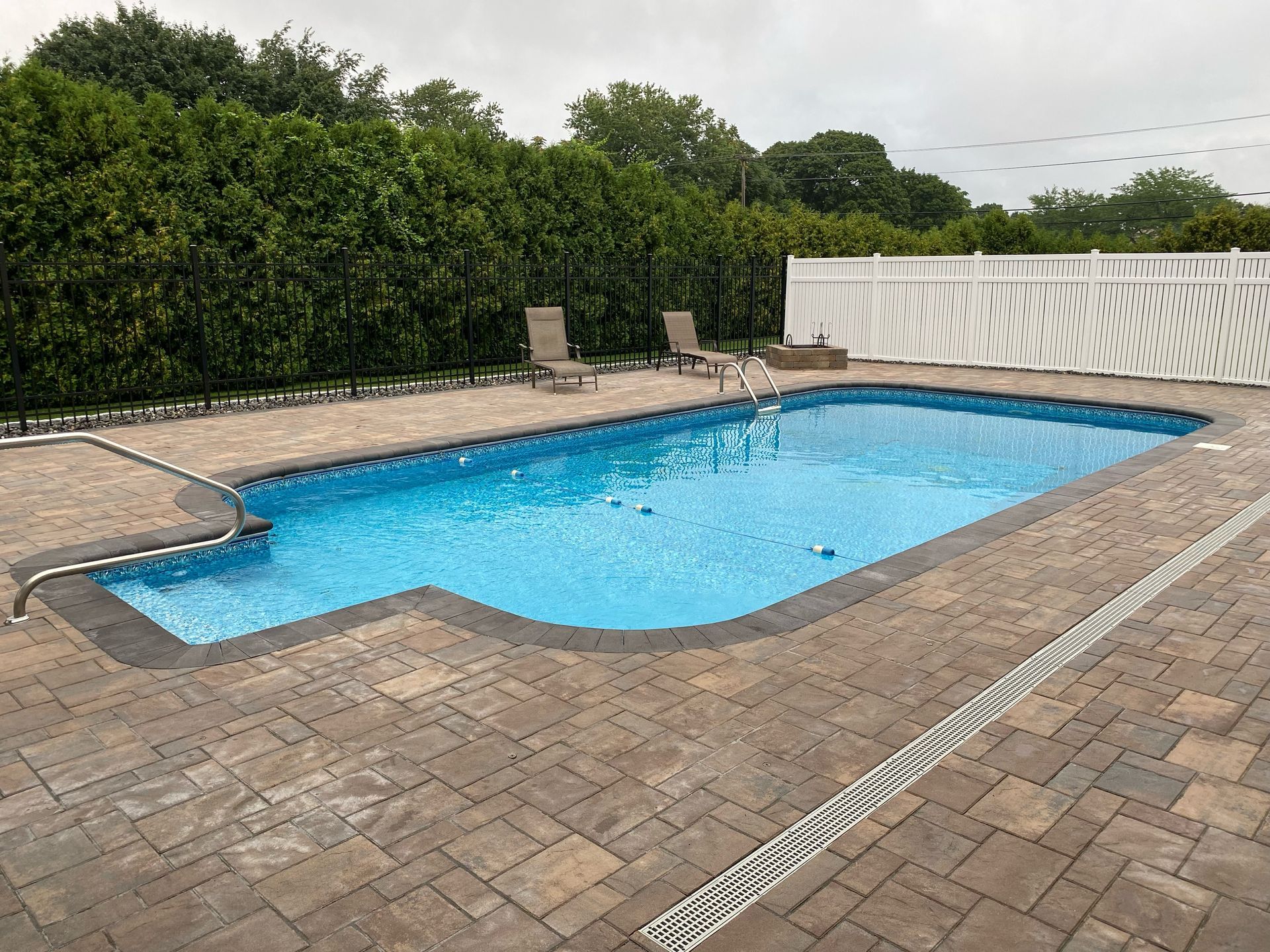Medical Office Building Snow Removal - Rhode Island
Rhode Island medical office buildings must maintain 24/7 patient access by clearing snow from handicap-accessible routes, emergency entrances, and parking areas within 2-3 hours of snowfall cessation. Medical facilities face enhanced liability due to vulnerable patient populations, with potential lawsuits ranging from $50,000 to over $1 million for accidents involving elderly or disabled patients unable to access critical medical care.
Medical Office Snow Removal is Critical in Rhode Island
Patient Safety and Medical Emergency Access
Life-Threatening Situations During Winter Storms
- Dialysis patients: 3x weekly treatments cannot be postponed during snow events
- Chemotherapy schedules: Cancer treatment delays can be medically dangerous
- Emergency medical visits: Heart attacks, strokes increase 25% during winter storms
- Prescription refills: Diabetics, cardiac patients require uninterrupted medication access
- Elderly patient falls: 40% increase in hip fractures during icy conditions
Vulnerable Patient Population Considerations
- Mobility-impaired patients: Wheelchairs, walkers require pristine pathway conditions
- Vision-impaired patients: Enhanced slip hazards from snow and ice accumulation
- Pregnant patients: Balance issues and fall risks during winter weather
- Pediatric patients: Parents carrying children need safe, clear access routes
- Post-surgical patients: Restricted mobility requiring assistance-free navigation
Legal and Regulatory Compliance for Medical Facilities
Americans with Disabilities Act (ADA) Enhanced Requirements
- Continuous accessibility: Medical facilities cannot deny access due to weather
- 36-inch minimum clear width: Handicap-accessible routes year-round requirement
- Grade specifications: Maximum 1:12 slope even with ice and snow present
- Surface stability: Non-slip conditions required for wheelchair and walker safety
Rhode Island Department of Health Regulations
- Emergency access standards: Ambulance and emergency vehicle accommodation
- Patient safety protocols: State licensing requires safe patient access
- Infection control considerations: Tracking snow and salt into medical environments
- Staff accessibility: Medical professionals must reach facilities during emergencies
RI Medical District Snow Removal Requirements
Providence Hospital and Medical Complex Standards
Rhode Island Hospital District
- 2-hour emergency clearance: Critical care facility enhanced response requirements
- Ambulance access priority: Emergency vehicle routes cleared first
- Helipad considerations: Medical helicopter landing area snow management
- Multi-building campus coordination: Coordinated clearing across medical complexes
Federal Hill Medical Corridor
- Elderly patient demographics: 45% of patients over age 65 requiring enhanced safety
- Public transportation integration: Bus stop accessibility for car-free patients
- Pharmacy access coordination: Prescription pickup safety during storms
- Specialist office clusters: Coordinated clearing for medical office complexes
Warwick Medical Park Requirements
Warwick Medical Park Complex
- Multi-specialty coordination: 15+ medical practices requiring simultaneous access
- Shared parking facility management: Patient safety across large medical campus
- Urgent care facility standards: Enhanced clearing for walk-in medical services
- Laboratory services access: Time-sensitive medical testing facility requirements
Jefferson Boulevard Medical District
- Cardiac and specialty care: Life-critical appointment scheduling protection
- Surgical center standards: Pre-operative patient access requirements
- Medical imaging facilities: Scheduled procedure accessibility during storms
- Physical therapy clinics: Mobility-impaired patient population safety
Cranston and Johnston Medical Facility Compliance
Park Avenue Medical Corridor
- Family practice concentration: Pediatric and elderly patient mixed populations
- Chronic care management: Diabetic, cardiac, and dialysis patient priorities
- Mental health services: Patient stability requiring consistent access
- Women's health clinics: Prenatal and high-risk pregnancy considerations
Medical Office Building Snow Removal Challenges
Patient Population Safety Priorities
High-Risk Patient Categories Requiring Priority Access
- Dialysis patients: Cannot miss treatments without life-threatening consequences
- Chemotherapy patients: Treatment schedules cannot be disrupted
- Insulin-dependent diabetics: Regular monitoring and prescription access critical
- Post-operative patients: Follow-up care preventing complications
- Elderly patients with multiple conditions: Complex medical needs requiring consistent care
Medical Equipment and Mobility Device Considerations
- Wheelchair accessibility: Smooth, level surfaces without snow or ice buildup
- Walker and cane safety: Slip-resistant pathways preventing falls
- Medical equipment transport: Oxygen tanks, IV poles, mobility scooters
- Patient transport services: Medical taxi and transport van accessibility
- Family caregiver safety: Parents, spouses assisting vulnerable patients
Facility Operations During Winter Weather
Critical Medical Services Continuity
- Laboratory services: Blood work and diagnostic testing cannot be postponed
- Urgent care centers: Increased winter injury and illness treatment
- Pharmacy operations: Prescription medication access for chronic conditions
- Medical imaging: MRI, CT scan, X-ray appointments requiring rescheduling costs
- Surgical centers: Pre and post-operative care continuity
Staff Accessibility Requirements
- Physician schedules: Doctor availability during patient care hours
- Nursing staff: Patient care continuity requiring reliable staff access
- Support staff: Reception, billing, medical records personnel
- Cleaning and maintenance: Infection control and facility safety staff
- Emergency response: On-call medical professionals rapid facility access
Rhode Island Medical Liability and Snow Removal
Enhanced Liability for Medical Facilities
Patient Injury Lawsuit Exposure
- Slip-and-fall incidents: Average medical facility settlements $75,000-$300,000
- Delayed medical care claims: Missed appointments leading to health complications
- Wrongful death exposure: Life-critical treatment delays during storms
- Disability discrimination suits: ADA violations for inaccessible medical care
- Medical malpractice insurance: Premium increases following weather-related incidents
Case Studies from Rhode Island Medical Liability
- Providence Medical Center 2019: $185,000 settlement for elderly patient fall in icy parking lot
- Warwick Dialysis Center 2020: Class action suit for treatment delays during blizzard
- Cranston Family Practice 2021: $95,000 judgment for diabetic patient unable to access care
Regulatory Compliance and Licensing Protection
Rhode Island Department of Health Requirements
- Patient safety standards: Medical facility licensing requires safe access
- Emergency preparedness plans: Winter weather response protocols mandatory
- Quality assurance reporting: Patient access incidents affecting license renewal
- Infection control standards: Snow and salt contamination prevention
Joint Commission Accreditation Standards
- Patient safety goals: Environmental safety including winter weather hazards
- Emergency management standards: Severe weather operational continuity
- Performance improvement: Incident tracking and prevention protocols
- Leadership standards: Administrative oversight of patient access safety
Medical Office Building Snow Removal Best Practices
Priority Area Clearing Sequence for Medical Facilities
Immediate Priority Areas (Within 1 Hour of Storm End)
- Emergency entrances: Ambulance and urgent care patient access
- Handicap-accessible routes: ADA-compliant pathways from parking to entrances
- Main patient entrances: Primary access points for scheduled appointments
- Pharmacy pickup windows: Drive-through and walk-up prescription access
- Staff entrances: Medical professional access for patient care continuity
Secondary Priority Areas (Within 2-3 Hours)
- Patient parking areas: Handicap spaces and close-proximity parking
- Family and caregiver parking: Support person accommodation
- Medical transport zones: Taxi, medical transport, and rideshare areas
- Laboratory and imaging entrances: Diagnostic service access points
- Administrative and billing offices: Business operation continuity
Medical Facility-Specific Snow Removal Techniques
Patient Safety-Focused Equipment Selection
- Salt alternatives: Medical-grade ice melts preventing contamination tracking
- Heated entrance mats: Preventing ice formation at critical access points
- Non-slip surface treatments: Enhanced traction for mobility device users
- Snow containment systems: Preventing slush and water from entering medical areas
- Air curtain systems: Reducing cold air infiltration during door openings
Infection Control Considerations
- Entrance mat systems: Multi-stage cleaning preventing contamination
- Salt and chemical tracking prevention: Protecting sterile medical environments
- Air quality protection: Preventing salt dust from entering HVAC systems
- Floor protection systems: Medical-grade flooring preservation during winter
- Cleaning protocol integration: Enhanced janitorial services during snow events
Rhode Island Medical Facility Types and Requirements
Hospital and Emergency Care Facilities
Major Hospital Systems (Lifespan, Care New England)
- 24/7 emergency access: Continuous patient and ambulance accessibility
- Helicopter landing pad maintenance: Medical flight safety during storms
- Multi-building campus coordination: Coordinated clearing across medical complexes
- Visitor and family access: Patient support system accommodation during storms
Urgent Care and Emergency Centers
- Rapid response requirements: 1-2 hour clearance for walk-in patients
- Increased winter volume: 35% patient increase during storm periods
- Trauma patient access: Emergency injury treatment accessibility
- Ambulatory surgical centers: Same-day surgery patient safety
Specialty Medical Practices
Dialysis Centers and Chronic Care
- Treatment schedule protection: Cannot postpone life-sustaining treatments
- Patient transportation coordination: Medical transport service accommodation
- Equipment delivery access: Medical supply and equipment vendor access
- Emergency backup protocols: Power outage and equipment failure preparation
Cancer Treatment and Oncology Centers
- Chemotherapy schedule maintenance: Treatment delays medically dangerous
- Immunocompromised patient protection: Enhanced safety for vulnerable populations
- Radiation therapy continuity: Daily treatment schedules requiring access
- Clinical trial coordination: Research protocol compliance during weather events
Primary Care and Family Medicine
Multi-Physician Group Practices
- Chronic condition management: Diabetic, cardiac, and elderly patient priorities
- Pediatric patient safety: Child and parent safety during medical visits
- Prescription management: Medication refill and adjustment appointments
- Preventive care scheduling: Routine appointments preventing emergency situations
Mental Health and Behavioral Services
- Patient stability considerations: Consistent access supporting treatment progress
- Crisis intervention services: Emergency mental health access during storms
- Group therapy continuity: Treatment program consistency requirements
- Medication management: Psychiatric prescription monitoring and adjustment
Rhode Island Medical Insurance and Risk Management
Medical Facility-Specific Insurance Requirements
Enhanced Coverage for Patient-Serving Facilities
- Professional liability enhancement: Medical practice protection during weather events
- Premises liability amplification: Patient population vulnerability considerations
- Business interruption coverage: Revenue protection during weather closures
- Patient injury coverage: Slip-and-fall and weather-related incident protection
- Regulatory compliance coverage: License protection and Department of Health reporting
Risk Management Strategies for Medical Facilities
- Patient safety audit protocols: Monthly winter weather preparedness assessments
- Staff training certifications: Medical facility-specific snow safety procedures
- Emergency response planning: Severe weather operational continuity protocols
- Documentation and evidence systems: Legal defense preparation for patient incidents
- Insurance carrier coordination: Claims prevention through proactive management
Financial Impact Analysis for Medical Practices
Cost of Inadequate Snow Management
- Lost appointment revenue: $200-$500 per missed patient visit
- Rescheduling administrative costs: Staff time and system complexity
- Patient retention impact: Long-term relationship damage from accessibility issues
- Staff overtime and hazard pay: Emergency coverage during storm events
- Insurance premium increases: 25-40% liability increases following patient incidents
Professional Snow Removal ROI for Medical Facilities
- Patient safety investment: $8,000-$25,000 annual professional service cost
- Liability protection value: Preventing $50,000-$1,000,000+ lawsuit exposure
- Revenue protection: Maintaining $150,000-$500,000 winter appointment income
- Staff productivity: Medical professionals focused on patient care, not facility maintenance
- Regulatory compliance: License protection and Department of Health satisfaction
Protocols for Medical Facilities During Snow Events
Life-Critical Patient Access Procedures
Emergency Patient Prioritization
- Dialysis patient accommodation: Cannot miss treatments without hospitalization risk
- Chemotherapy patient protection: Treatment schedule disruption medical dangers
- Emergency prescription access: Life-sustaining medication availability
- Post-surgical follow-up: Complication prevention requiring timely care
- Chronic condition monitoring: Diabetic, cardiac, respiratory patient priorities
Medical Emergency Response During Storms
- Ambulance access guarantee: Emergency vehicle pathway maintenance
- Walk-in emergency accommodation: Urgent care facility accessibility
- Telemedicine backup protocols: Remote consultation during inaccessible periods
- Prescription emergency protocols: Medication access during pharmacy closures
- Hospital coordination: Emergency referral and transfer procedures
Staff and Facility Continuity Planning
Medical Professional Accessibility
- Physician housing arrangements: On-call doctor facility proximity during storms
- Nursing staff transportation: Critical care continuity planning
- Support staff coordination: Reception, billing, and administrative coverage
- Maintenance and security: Facility safety and operation during extended storms
- Cleaning and infection control: Enhanced protocols during winter weather
RI Climate Considerations for Medical Facilities
Weather Pattern Impact on Medical Practice Operations
Seasonal Patient Volume Variations
- Winter injury increases: 30% increase in orthopedic and emergency visits
- Respiratory illness surges: Cold weather impact on vulnerable populations
- Cardiac event frequency: 25% increase in heart attacks during storm periods
- Mental health considerations: Seasonal depression and isolation factors
- Medication compliance: Weather-related prescription access disruptions
Storm Timing and Medical Scheduling
- Appointment concentration strategies: Pre-storm patient scheduling adjustments
- Weekend storm preparation: Extended facility coverage planning
- Holiday weekend considerations: Reduced municipal services during medical needs
- School closure coordination: Pediatric patient and parent availability
- Public transportation disruption: Car-free patient access alternatives
Regional Medical Facility Considerations
Urban vs. Suburban Medical Practice Differences
- Providence urban practices: Public transportation integration and limited parking
- Suburban medical parks: Large parking areas requiring extensive clearing
- Rural medical access: Enhanced self-sufficiency and limited municipal support
- Coastal medical facilities: Maritime weather unpredictability and salt air considerations
Demographic-Specific Planning
- Elderly-concentrated communities: Enhanced safety protocols for vulnerable populations
- Low-income patient populations: Transportation limitations requiring facility accessibility
- Tourist area medical facilities: Seasonal population variations affecting service demands
- University area practices: Student population health service continuity
Medical Facility Snow Management in Rhode Island
Medical office buildings and healthcare facilities require specialized snow removal services that prioritize patient safety, ADA compliance, and life-critical access during Rhode Island's challenging winter weather. Rockhouse Construction provides comprehensive medical facility snow management services designed specifically for healthcare environments and vulnerable patient populations.
Our medical facility expertise includes 24/7 emergency response for life-critical patient access, ADA-compliant pathway maintenance, infection control-compatible materials and procedures, and coordinated care with medical practice scheduling systems. Don't let snow and ice prevent patients from accessing essential medical care or put your practice at risk of liability and regulatory violations.
Contact us today to discuss how our specialized medical facility snow removal services can ensure patient safety and practice continuity throughout Rhode Island's winter season.
